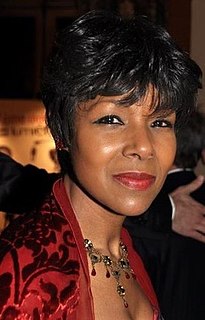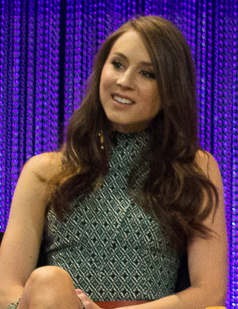A Quote by Zoya Akhtar
I feel like all my films have my politics. As a film-maker, whatever story you're telling, your value system comes out.
Related Quotes
The people I met for the first time in the period when I was making films like 'Tum Bin,' 'Ra.One,' 'Dus,' 'Cash' would often remark that I was very unlike the person who had made those films. This is not the best thing for a film-maker to hear because your film should reflect your personality, thinking, philosophy and character.
I think that people have to have a story. When you tell a story, most people are not good storytellers because they think it's about them. You have to make your story, whatever story it is you're telling, their story. So you have to get good at telling a story so they can identify themselves in your story.
I feel like I've kinda danced around telling the truest story I can for many years of my life. I've been a little distracted by trying to be shocking or edgy or cool or whatever, and by letting go of that and telling the truest story I can - even if it's about aliens and talking raccoons - it works.
I try to make films where the audience forgets the filmmaking and gets engrossed in the story as it unfolds. I don't want them to ever feel bored, or that they're being told what to think, or to feel depressed. I don't like films about victims - I want to celebrate brave survivors like Brenda and the wonderful women in the film.
My parents telling me that if there is a story you feel compelled to share, then you are responsible for doing that. You can't ask someone else to take on that story - or you can, but you have to deal with whatever the fallout is. If the story doesn't end up being told the way you originally heard it or that you feel it needs to be expressed, that's on you.
I think when people begin to tell their stories, everything changes, because not only are you legitimized in the telling of your story and are you found, literally, like you matter, you exist in the telling of your story, but when you hear your story be told, you suddenly exist in community and with others.
I think when people begin to tell their stories, everything changes, because not only are you legitimised in the telling of your story and are you found, literally, like you matter, you exist in the telling of your story, but when you hear your story be told, you suddenly exist in community and with others.
I've been making films with almost no dialogue (laughs), so sound and music become a very powerful character to tell the story. It's almost like with sound and music and images, it's your tool to tell the story, especially when I decide to structure the film in a way that usually goes against the conventions of the three-act structure which most films are made out of.




































